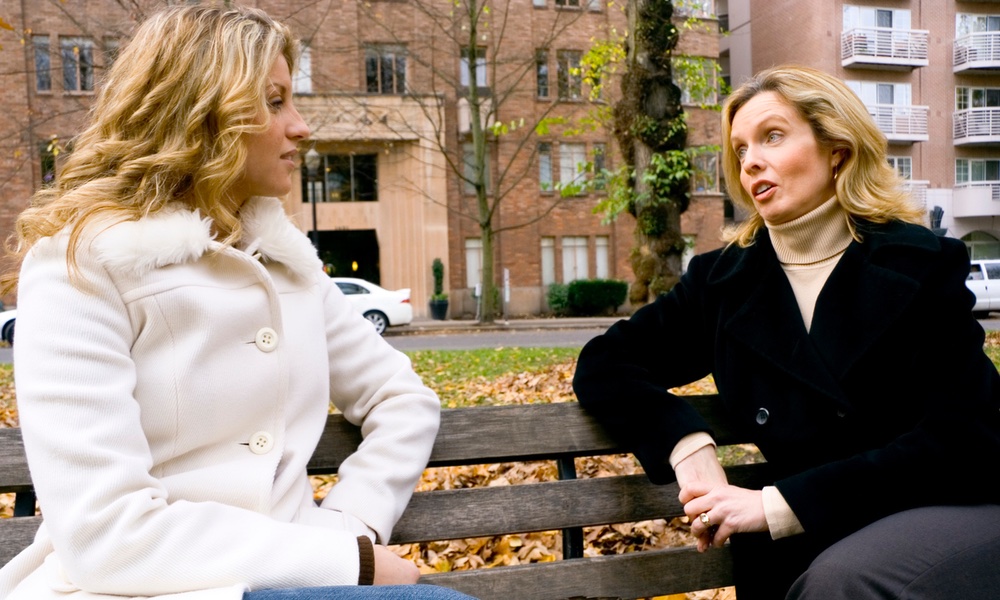Part of raising children is helping them become independent, so they can move out of the house and into the world successfully. But as is more and more common, kids aren’t moving out — they’re staying at home as adults. Though the economy may be partly to blame, a new study also suggests that parents may also be part of the problem.
Almost 900 parents of at least one 14-18-year-old child were asked about their parenting for the national poll carried out by the C.S. Mott Children's Hospital at the University of Michigan. The researchers were especially interested in how the parents felt they helped or hindered their teens in becoming more independent.
Almost all of the parents said they were trying to help their kids move toward independence with strategies like letting them make more choices by themselves, having them handle things on their own, and no longer doing certain tasks for them.“[P]arents aren't letting go of the reins as often as they could be to help teens successfully make that transition.”
What was holding the teens back, parents reported, was the teens’ characteristics — a lack of maturity, time or the knowledge they needed to take on more responsibility, for example, according to their parents.
“As children become teenagers, the role of parents shifts to helping them gain the knowledge and experience they will need for being independent adults,” said the co-director of the poll, Sarah Clark, in a news release. “This process of transitioning from childhood to adulthood includes everything from preparing for work and financial responsibility, to taking care of one's health and well-being. Our poll suggests that parents aren't letting go of the reins as often as they could be to help teens successfully make that transition.”
Parents said healthcare was the area where their kids were least independent — but this may be because parents don’t want to leave room for error when it comes to their kids’ health.
“We did not ask about life-or-death health care matters,” said Clark, “But we did ask parents whether their teens could independently handle very basic tasks, such as taking care of minor injuries, figuring out the correct dose of a medication or calling to make a doctor's appointment. It is crucial for teens to begin taking ownership of their health before they enter adulthood when they will face more complex, adult tasks.”
So what’s the takeaway from a survey like this? Obviously it’s a sensitive area, since parents have to judge whether a child really is too immature to handle a given situation or if it’s the parent’s own fears that are standing in the way. The researchers recommend that parents try to refrain from over-involvement — sometimes known as helicopter parenting — as much as possible, since it often backfires and leads to less independent kids.
The study has not been published in a journal yet and should be considered preliminary.





